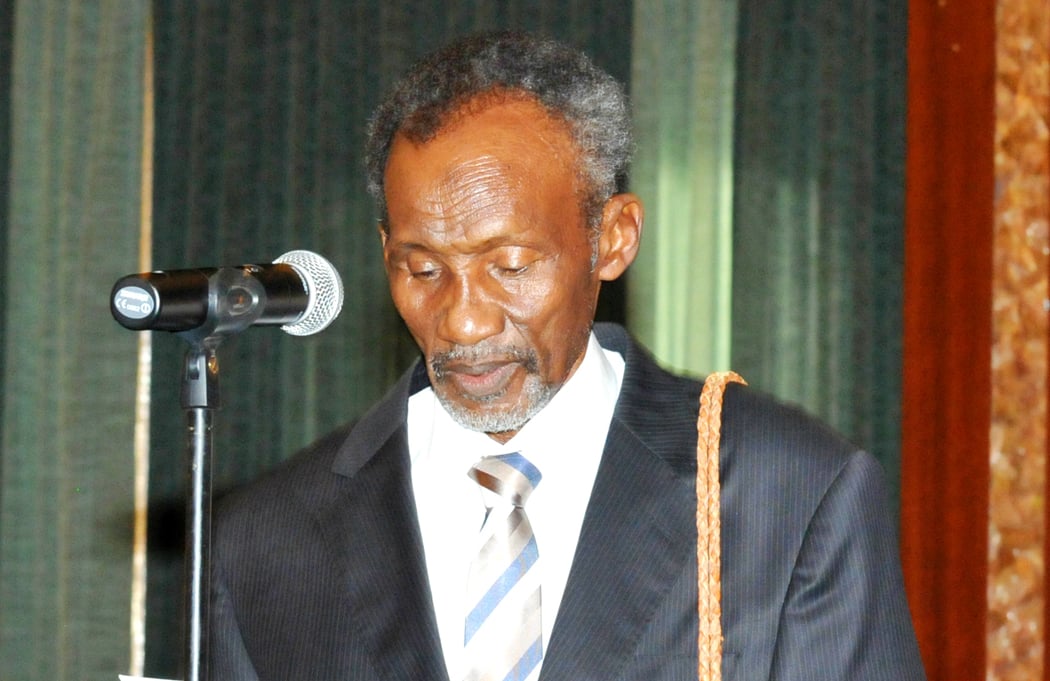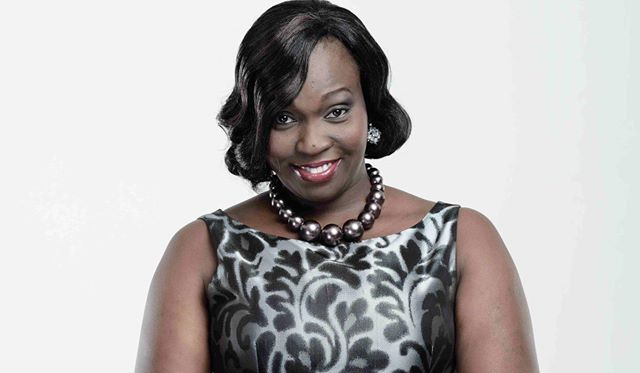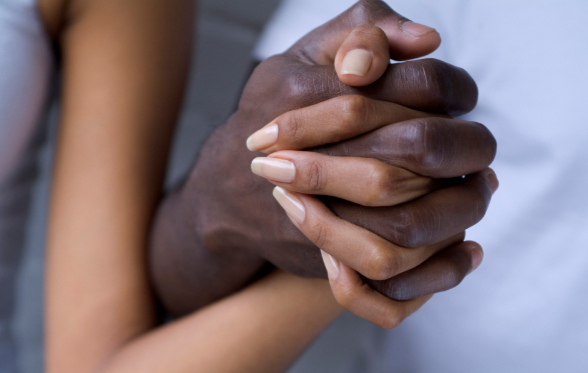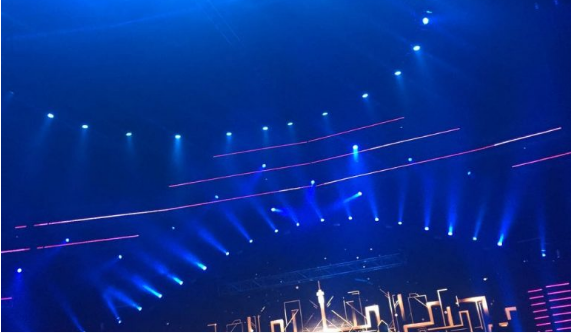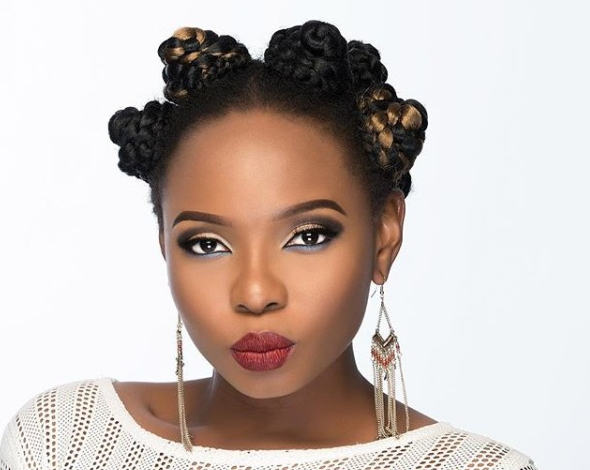The National Judicial Council (NJC) says it will not suspend judges accused of corruption because the allegations against them have not been proved.
The judges are Sylvester Ngwuta and John Okoro (supreme court); Adeniyi Ademola and Nnamdi Dimgba (federal high court); Mohammed Tsamiya (appeal court, Ilorin); Kabri Auta (high court, Kano) and Muazu Pindiga (high court, Gombe).
On October 8, the Department of State Services arrested the judges after raiding their homes, claiming it recovered huge amounts of money, including foreign currencies from some of them.
On Thursday, the Nigeria Bar Association (NBA) called for the suspension of the judges, pending their trial for corruption.
Advertisement
But in a statement by Soji Oye, its spokesman, the NJC, which is the regulatory body of the judiciary, said it cannot take the action because the judges are still presumed innocent, adding that suspension was a disciplinary action that could only be taken on judicial officials that are guilty of an offence after a thorough investigation.
“The National Judicial Council (NJC) is not unaware of the judgment of the court of public opinion on the recent events between the Department of State Services (DSS) and the Judiciary; and the various views expressed by legal practitioners, academics, politicians and the general public, particularly the current position of the president of the Nigerian Bar Association to wit:- ‘We therefore strongly recommend that, without prejudice to the innocence or otherwise of the Judges involved in the ongoing investigations, they should recuse themselves from further judicial functions or required to proceed on compulsory leave until their innocence is fully and completely established or until the conclusion of all judicial or disciplinary proceedings,” the statement read.
“NJC is constrained to inform the general public that its constitutional mandate is to process and recommend to the executive at the federal and state levels, the appointment, and or the removal of judicial officers from office, including exercise of its disciplinary control of suspending and or warning Judicial officers; after complying with due process and the rule of law.
Advertisement
“Thus, the current position of the Nigerian Bar Association vis-à-vis its recommendation that the affected judicial officers involved in the on-going investigation of judicial officers by the DSS, be requested to proceed on compulsory leave until the conclusion of all disciplinary proceedings against them, is unacceptable to the NJC; as it breaches the 2014 Revised Judicial Discipline Regulations formulated by NJC pursuant to Section 160 of the 1999 Constitution of the federal republic of Nigeria, as amended.
“It is to be reiterated also that by the provisions of Section 158 of the 1999 Constitution of the Federal Republic of Nigeria, as amended, NJC shall not be subject to the direction or control of any other authority or person while exercising its disciplinary power of control over judicial officers in the federation.
“The members of the public are hereby informed that the mechanism that will determine a judicial officer to be directed or requested to proceed on compulsory leave or be suspended from office, is a disciplinary power that NJC can only exercise after initiating disciplinary proceeding on the complaint or petition forwarded against the judge, after he has been found culpable. Therefore, to act on the recommendation of the NBA, it is not only contrary to the provisions of Section 158 of the 1999 Constitution of the Federal Republic of Nigeria, as amended, but it means NJC will direct any judicial officer that has been petitioned even if the allegations contained therein are frivolous and baseless, to proceed on compulsory leave or be suspended from office without complying with the rule of law.”
Advertisement
Add a comment

